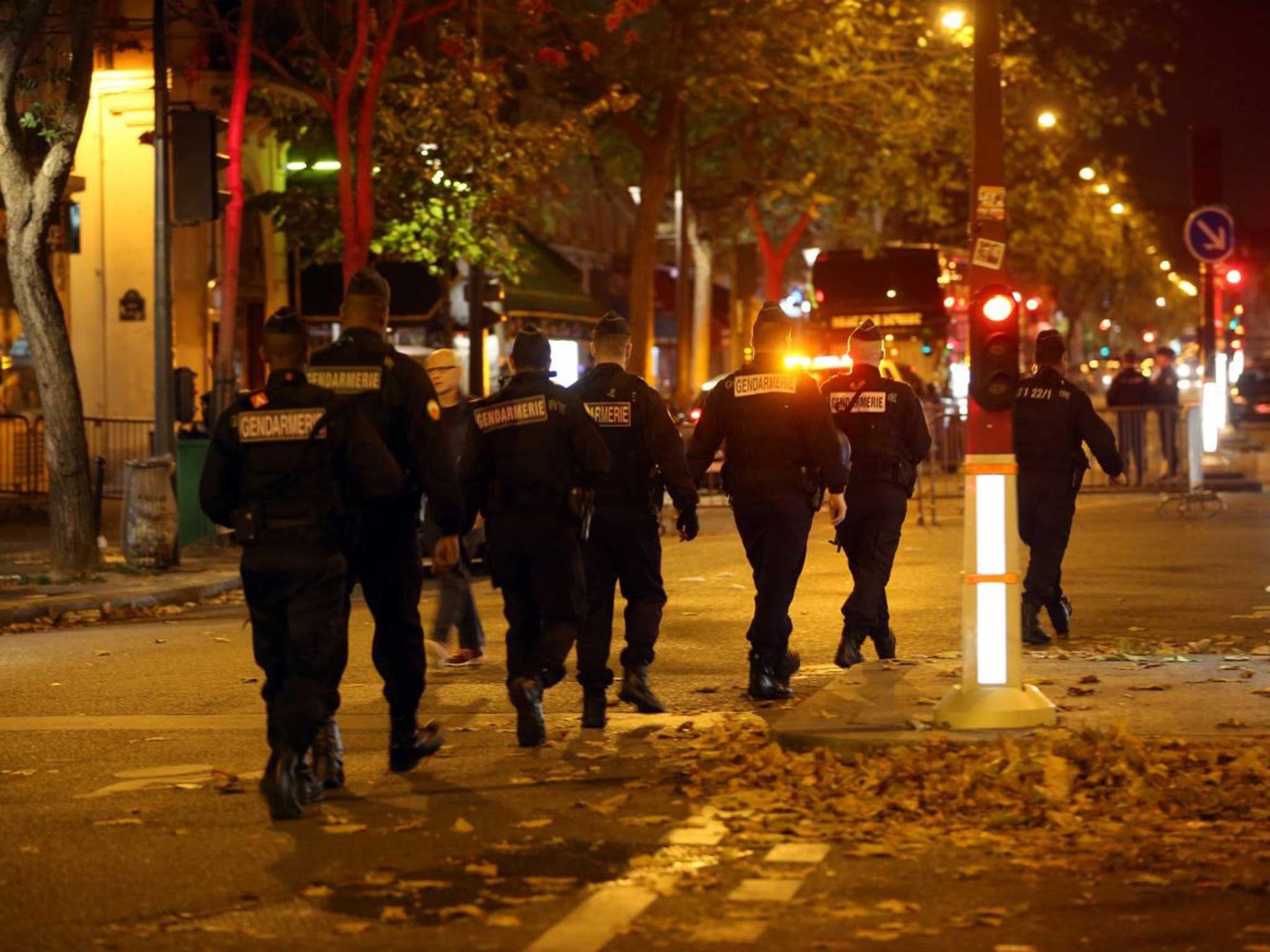Paris attacks: What do we know about the attackers?
At least 127 people are thought to have died in multiple attacks across the French capital

Your support helps us to tell the story
From reproductive rights to climate change to Big Tech, The Independent is on the ground when the story is developing. Whether it's investigating the financials of Elon Musk's pro-Trump PAC or producing our latest documentary, 'The A Word', which shines a light on the American women fighting for reproductive rights, we know how important it is to parse out the facts from the messaging.
At such a critical moment in US history, we need reporters on the ground. Your donation allows us to keep sending journalists to speak to both sides of the story.
The Independent is trusted by Americans across the entire political spectrum. And unlike many other quality news outlets, we choose not to lock Americans out of our reporting and analysis with paywalls. We believe quality journalism should be available to everyone, paid for by those who can afford it.
Your support makes all the difference.The holder of a Syrian passport found near the body of one of the suicide bombers who attacked Paris’ Stade de France is believed to have passed through Greece in October.
It comes as more information emerges about the eight assailants responsible for a string of attacks in the French capital that left at least 127 people dead.
Three of the men involved in the attacks are thought to have come from the Molenbeek neighbourhood in Brussels, raided by local police this afternoon.
Police also found an Egyptian passport near the Stade de France, as well as the Syrian one.
“The holder of the [Syrian] passport passed through the island of Leros on October 3, 2015, where he was identified according to EU rules,” Nikos Toscas, Greece’s deputy minister in charge of policing, told Reuters.
Syrian passports are valuable currency among those attempting to enter Europe. A Greek police source also told the news agency the holder was registered with authorities, and had entered the country as part of a group of 69 refugees.
However, there is no official confirmation the holder of the passport and the individual who attacked the French stadium are the same man.
Another man, identified by as a French national after police officers ran his fingerprints, and implicated as one of the Bataclan attackers, allegedly grew up in Courcouronnes, a suburb south of Paris.
He is said to have been under the radar of intelligence services for his radicalisation, Europe 1 radio station reported.
Spectators at the Bataclan concert venue saw two armed men and an unarmed woman working together. It is still unclear whether or not there was a fourth assailant.
Three Kalachnikovs were found inside the building and the bodies of three assailants were found after the siege ended. Two were killed after detonating a belt of explosives and police killed the third.
The corpses of all the assailants will be transferred to France’s Medico-Legal Institute (IML) where investigators hope they can be identified by DNA samples.
At least 80 people are thought to have died in the threatre, after armed individuals took scores hostage during a performance by Eagles for Death Metal.
Join our commenting forum
Join thought-provoking conversations, follow other Independent readers and see their replies
Comments